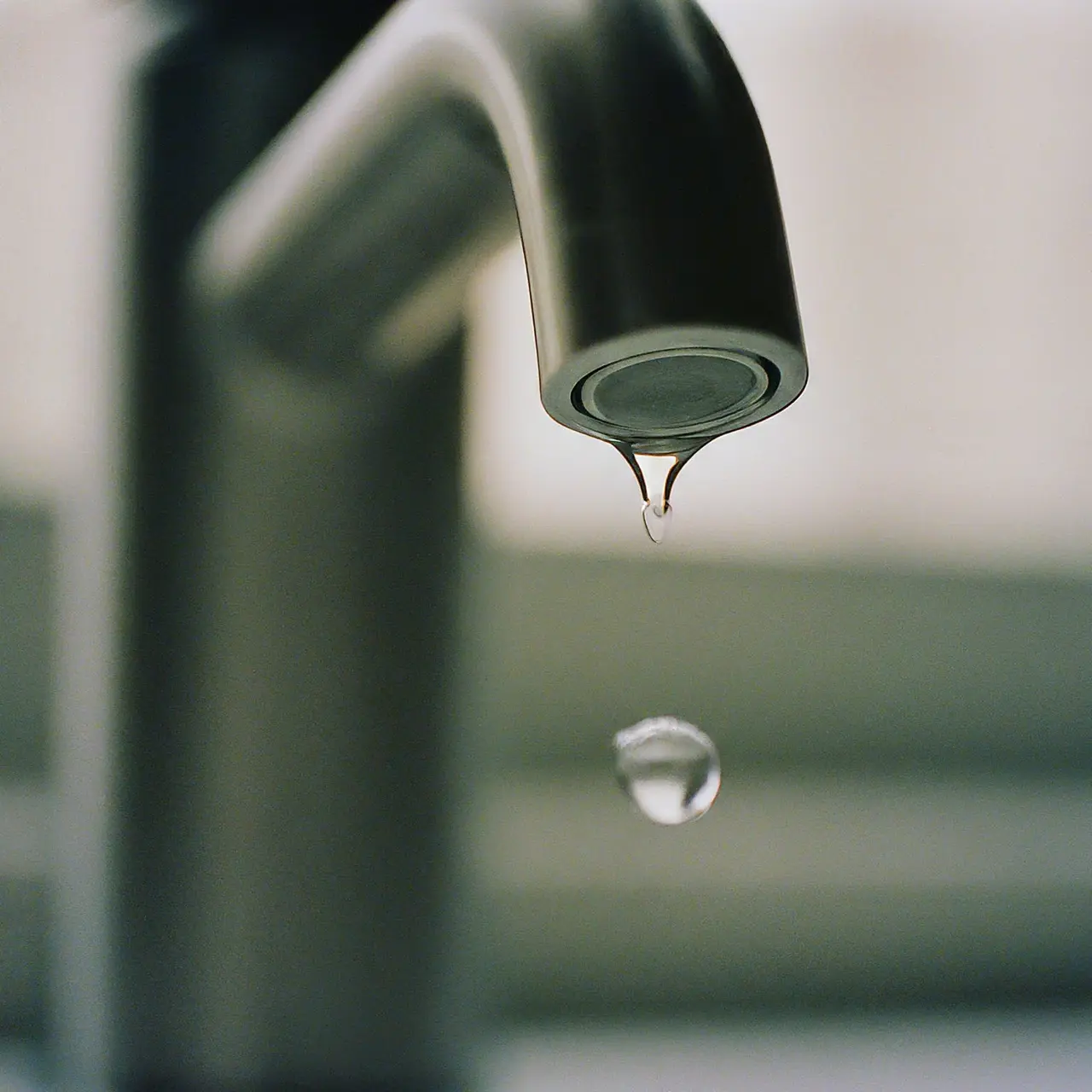In the face of ever-rising utility costs, finding ways to cut your commercial water bill without hindering operational efficiency isn’t just wise—it’s imperative. Today, we’re diving deep into actionable strategies that can make a significant dent in your expenditures, while ensuring your business’s productivity remains unscathed.
Audit Your Current Water Usage
Beginning with a comprehensive water usage audit is crucial for identifying where your business’s water goes and pinpointing inefficiencies that could be costing you. This process involves examining everything from the restrooms to the cooling systems, ensuring you have a clear picture of your water footprint. Armed with this knowledge, crafting a targeted strategy to tackle excess use and streamline operations becomes much more straightforward.
Auditing should not be a one-time event but an ongoing process. As your business evolves, so too will your water usage patterns. Regularly reviewing and adjusting your water conservation strategies in light of audit findings will keep your savings maximized and your operations as efficient as possible.
Implement Water-Saving Technologies
The market is awash with cutting-edge technologies designed to save water. From smart irrigation systems that only water your landscapes when needed, to low-flow toilets and faucets that drastically reduce the amount of water used without impacting functionality. Investing in these technologies can lead to significant reductions in your water bill.
Moreover, consider adopting water management systems that offer real-time monitoring and leak detection. These smart systems provide instant alerts when unusual patterns of water use are detected, allowing you to address issues before they escalate into costly problems.
Fix Leaks and Routine Maintenance Checks
Leaks, no matter how small, can culminate in substantial water waste and increased bills over time. Implementing a regular maintenance schedule for all water-related infrastructure is paramount to catching and addressing leaks early. This practice extends to inspecting pipes, fittings, and appliances regularly for signs of wear and tear that could lead to leaks.
Educating your staff about the importance of reporting leaks and developing a swift response plan can further mitigate water loss. Every member of your team should be aware of the common signs of leaks and know how to report them.
With routine checks, not only do you prevent water waste, but you also extend the lifespan of your water infrastructure, saving you money in the long term on repairs and replacements.
Upgrade to Water-Efficient Fixtures
Transitioning to water-efficient fixtures is a move that promises immediate returns. High-efficiency toilets, faucets, and showerheads are designed to use significantly less water than standard models without sacrificing performance. This simple switch can result in gallons of water saved every day.
In addition to replacing outdated fixtures, consider adjustments that reduce water flow in existing appliances. Many models allow you to modify settings or add aerators to decrease water usage. These minor modifications can have a major impact on your water consumption.
Adopt Water Recycling Practices
Water recycling presents an excellent opportunity for businesses to reduce waste and lower their water bills. By capturing rainwater or reusing greywater for tasks such as landscaping or flushing toilets, you drastically cut down on your freshwater needs.
Embarking on water recycling requires an initial investment in collection and filtration systems. However, the long-term savings and positive environmental impact make it a worthwhile venture for any business looking to optimize their operations sustainably.
Partnering with specialists to design a system that meets your specific needs can ensure the success of your water recycling efforts, making your business a leader in conservation and efficiency.
Sealing the Deal on Savings
Reducing your commercial water bill isn’t just about slashing costs; it’s an opportunity to embrace sustainability and efficiency across all areas of your operation. By implementing these strategies, not only can you achieve a more eco-friendly business model, but you’ll also pave the way for substantial savings. Embrace these changes and watch as your business becomes a beacon of both economic and environmental stewardship.


